Hello readers,
As this is a calibration blog, I will begin with writing a short post on a very fundamental thing – what is calibration? But how can I explain shortly what calibration is?
I will start with a practical example: I was driving my car and the speed meter showed 80 km/h. Suddenly, a police stopped me and told me that the speed limit was 60 km/h and that my actual speed was 78 km/h. Hey, I just calibrated my speed meter! Now I know that when the meter shows 80 km/h, the real speed is actually 78 km/h. I even got a certificate, a pretty expensive one as well… But for some reason it was called a ticket, and not a certificate… ;)
More seriously, in short – calibration is a documented comparison of the device to be calibrated against a traceable reference device. The reference device is often referred to as a calibrator. The reference device should naturally be more accurate than the device to be calibrated. There are many opinions on the accuracy ratio of the calibrator and device under test. Anyhow, the important thing is that you are aware of all the uncertainties related to your reference standard and the whole calibration process.
As mentioned earlier, the reference standard (or calibrator), needs to be traceable. This means that he reference standard must have a valid calibration, meaning that is has been calibrated against a higher degree traceable reference and its calibration period is not overdue. Sometimes the term “calibration” includes also the adjustments needed to be made to the device under test, to read the same as the reference standard. Many international standards keep the adjustment as a separate thing, and this is also how we think at Beamex.
I hope this provides a start for the future writes to the blog.
Blog to you soon,
Heikki
Heikki Laurila is Product Marketing Manager at Beamex Oy Ab. He started working for Beamex in 1988 and has, during his years at Beamex, worked in production, the service department, the calibration laboratory, as quality manager and as product manager. Heikki has a Bachelor's degree in Science. Heikki's family consists of himself, his wife and their four children. In his spare time he enjoys playing the guitar.


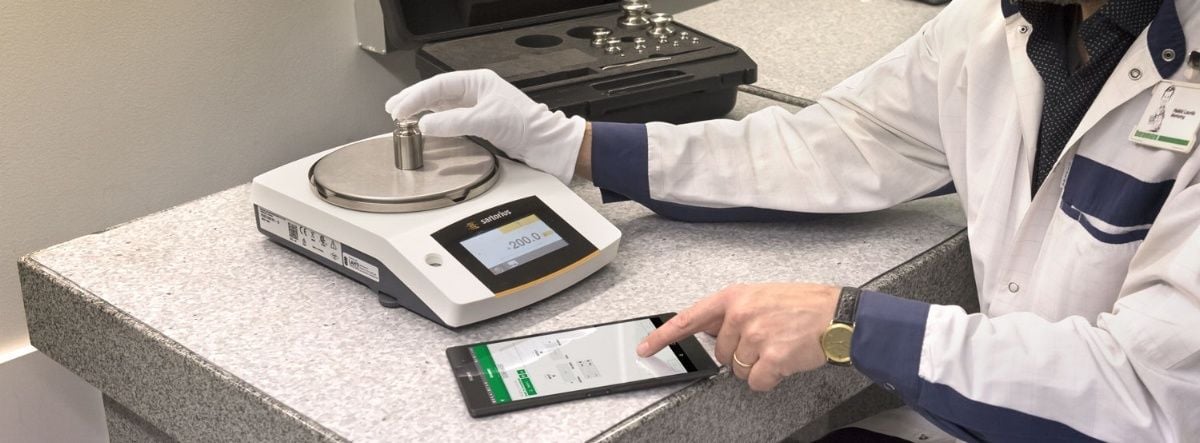
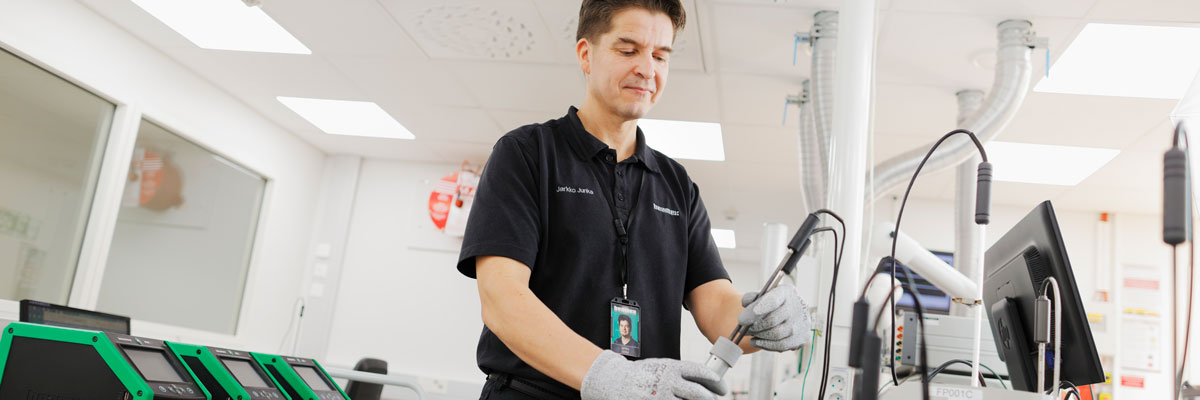
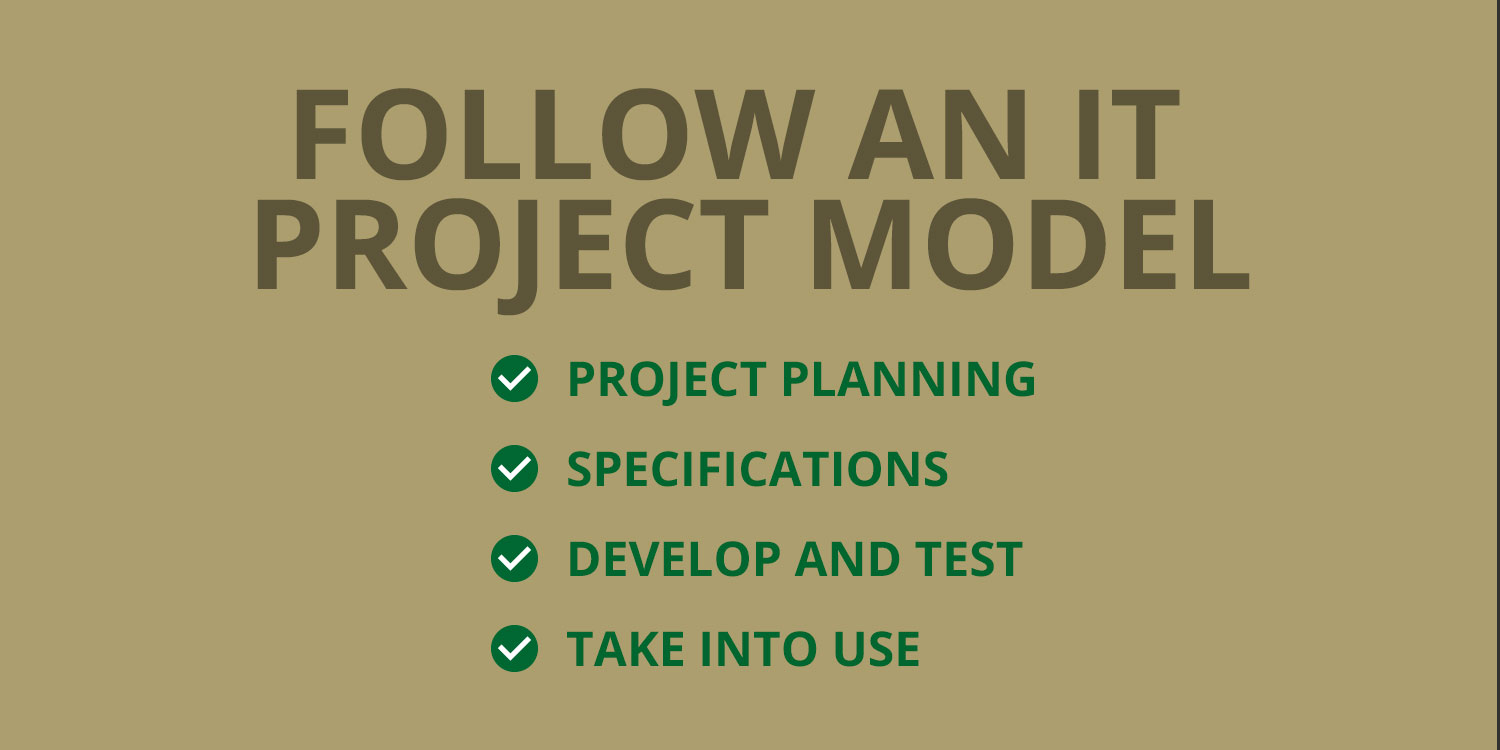
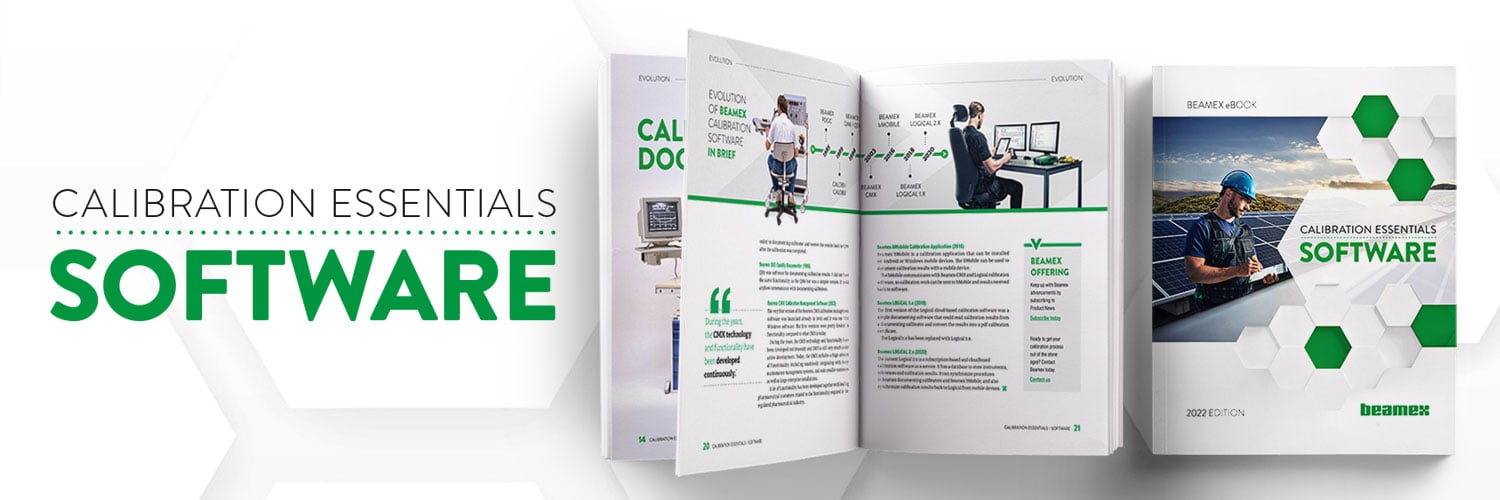
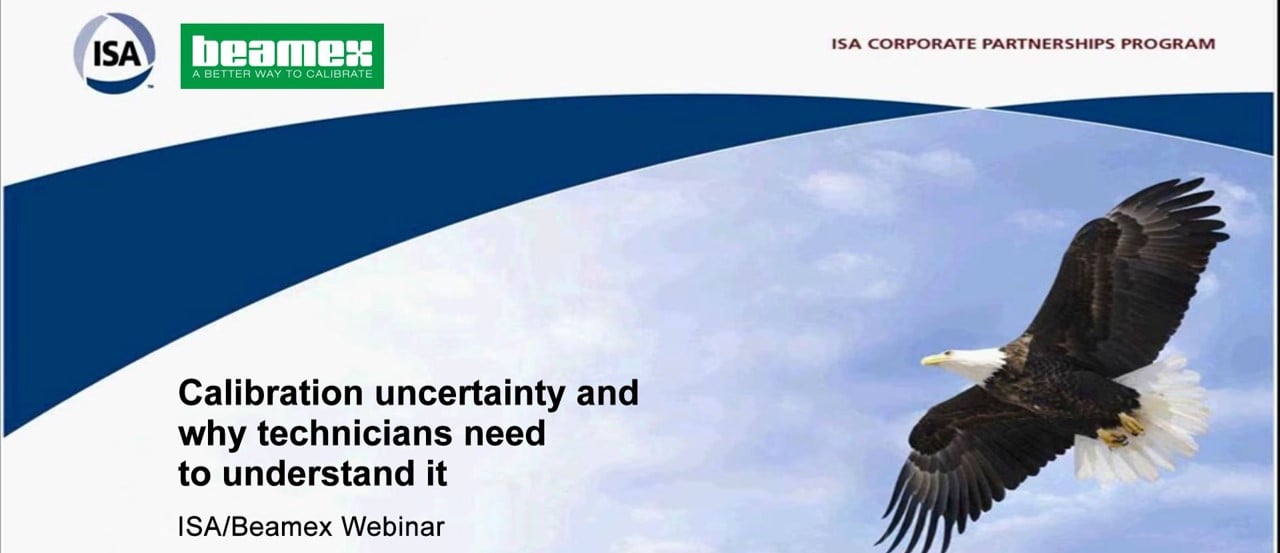
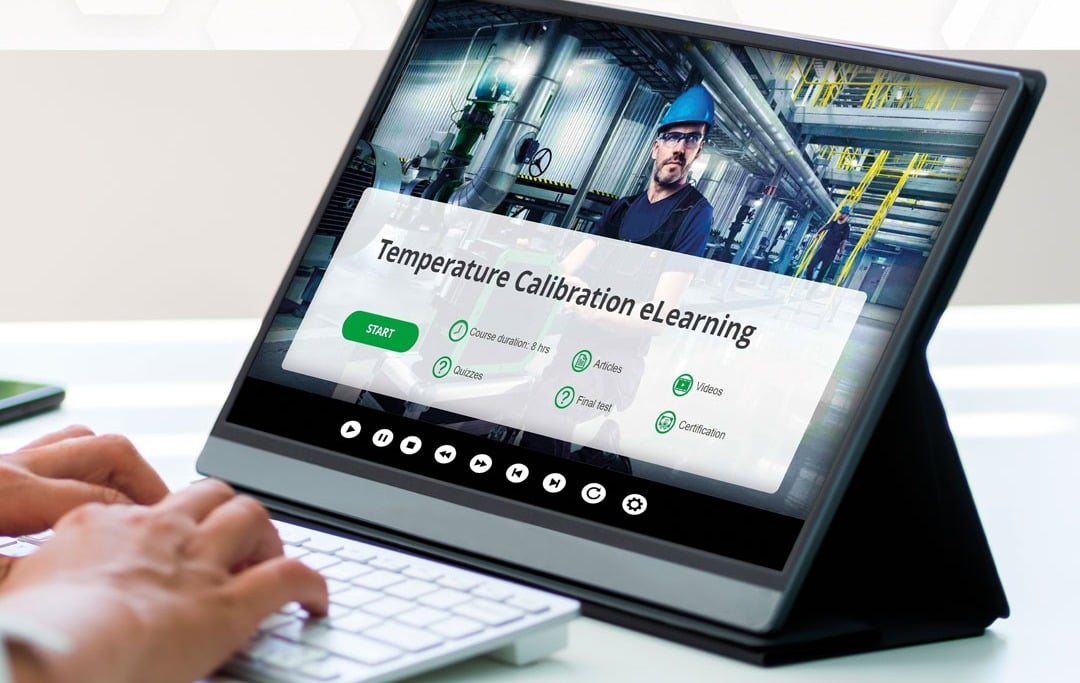

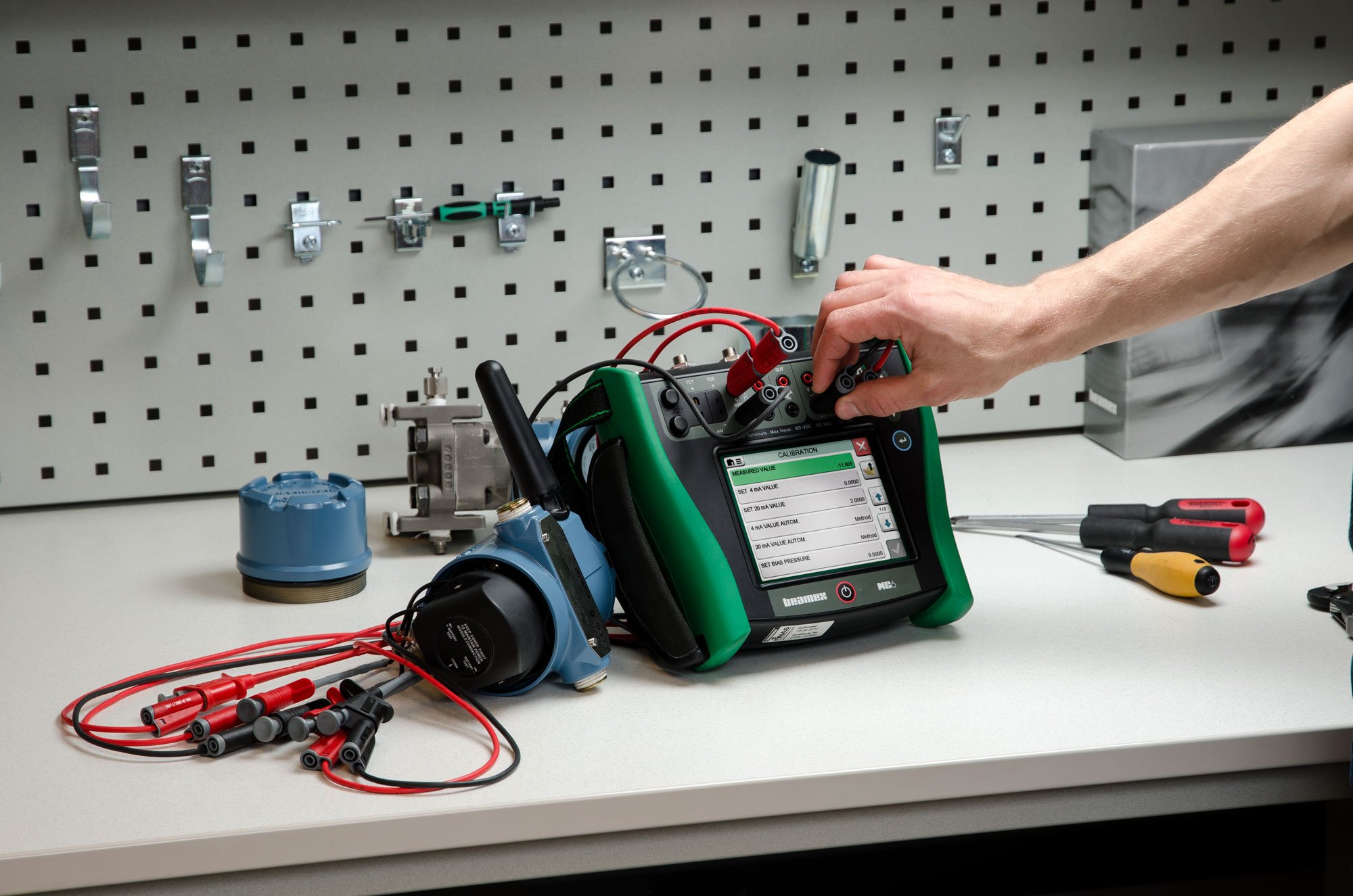
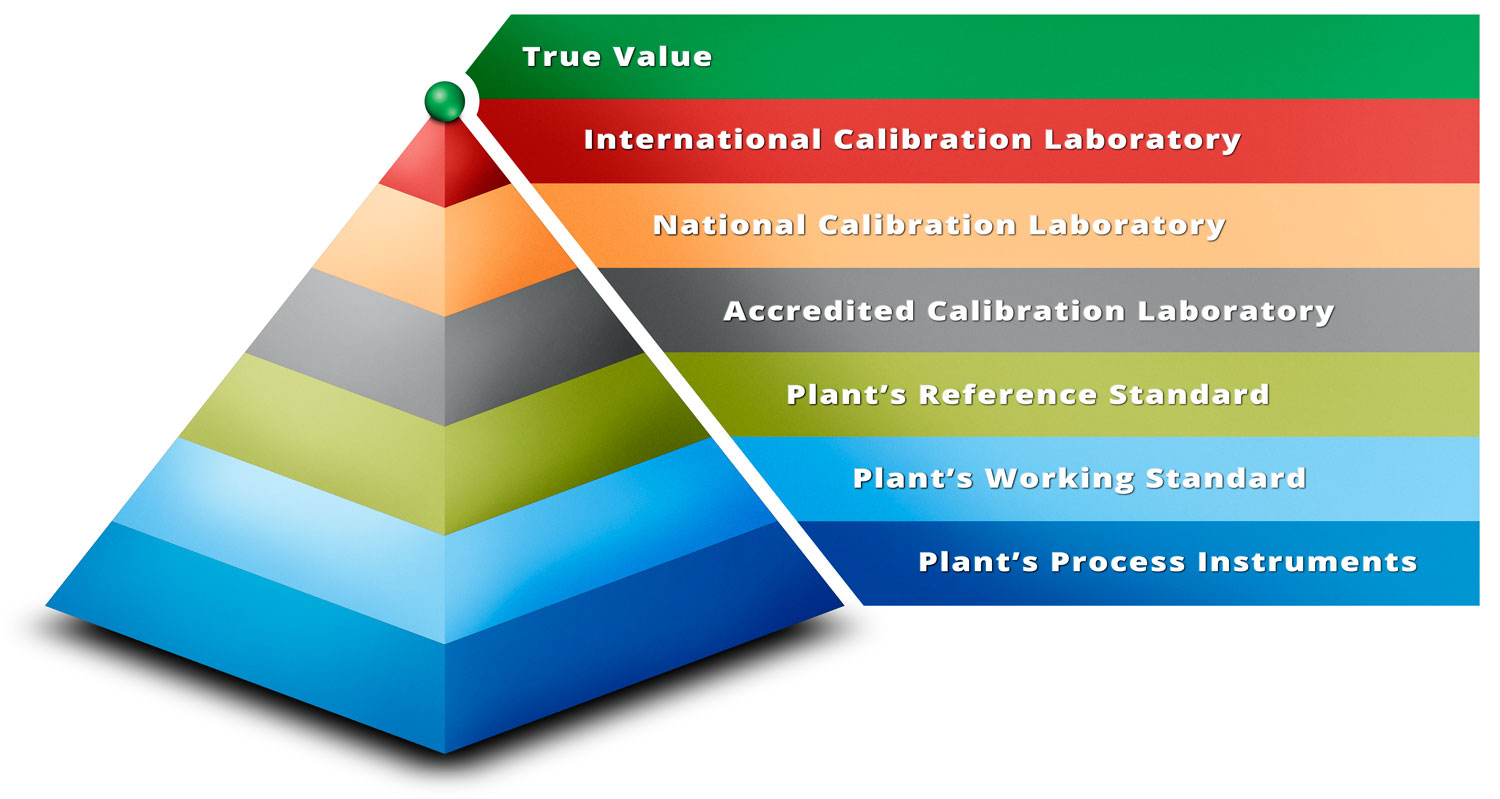
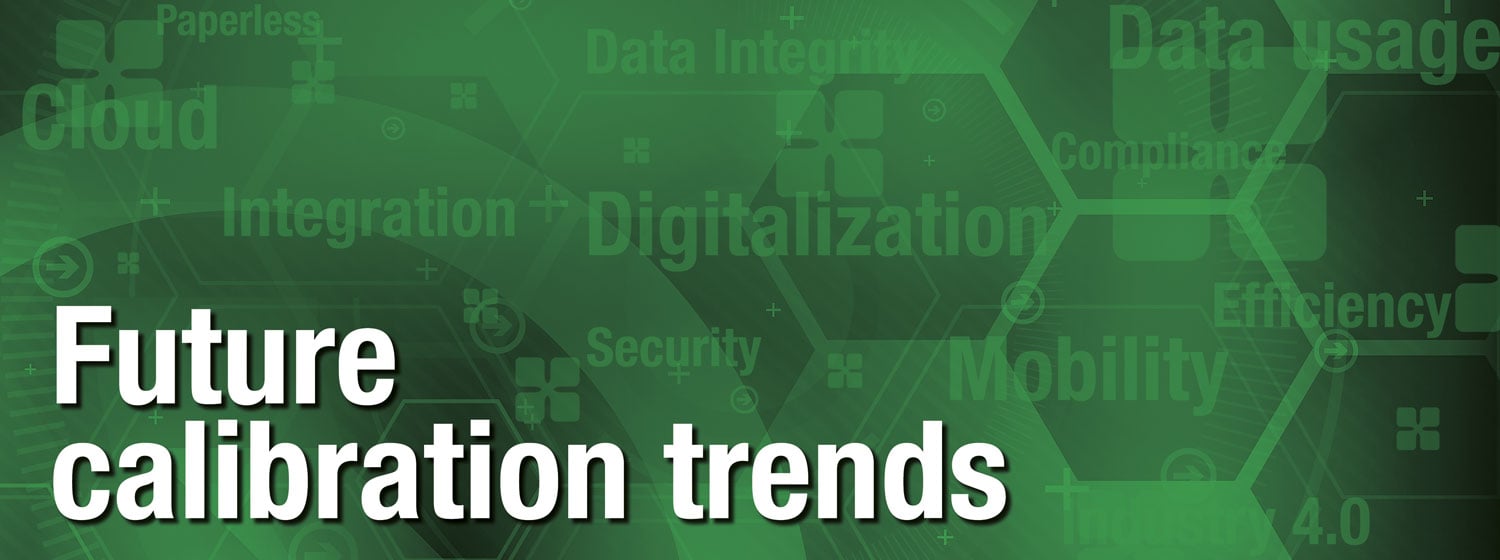
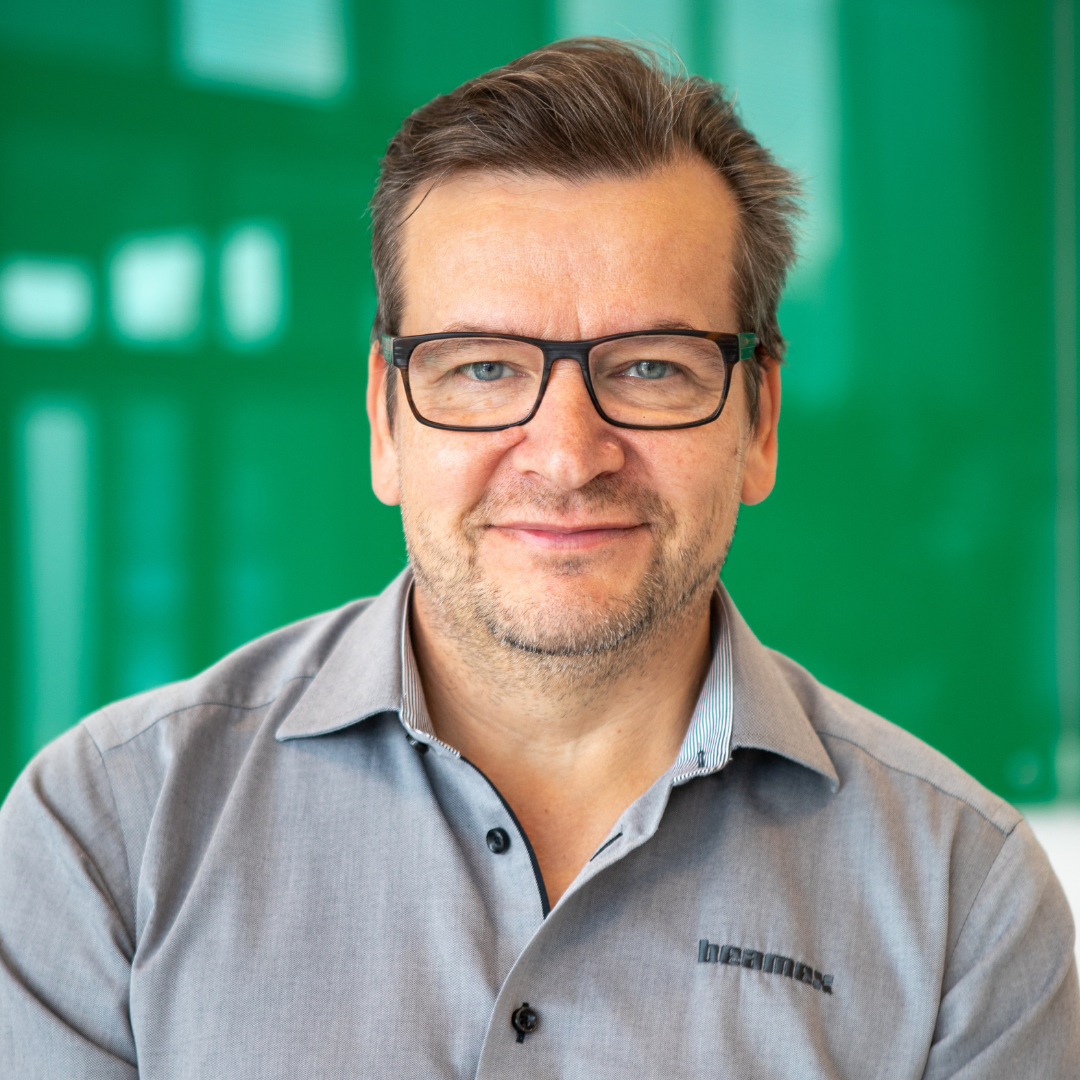
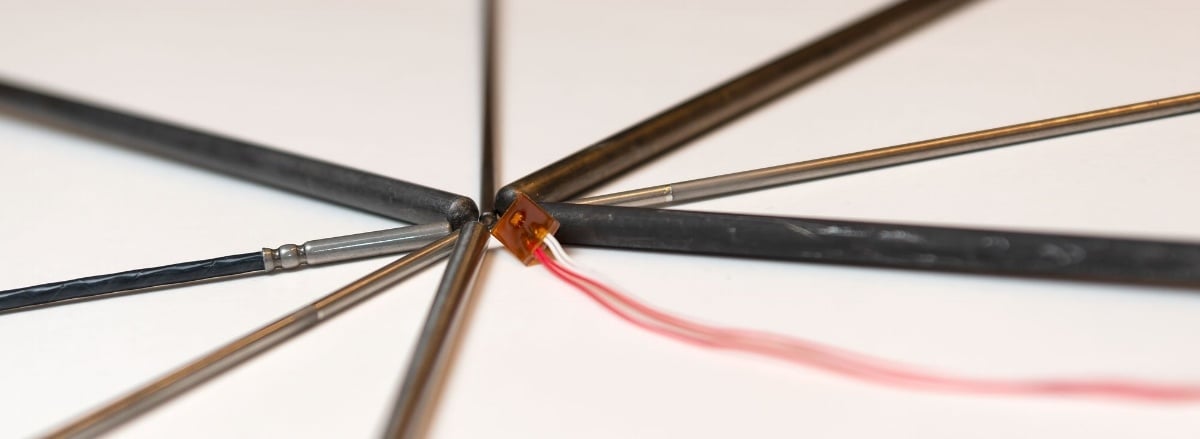
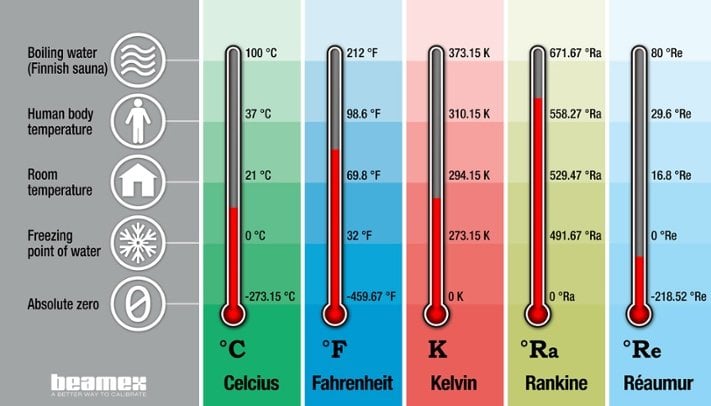


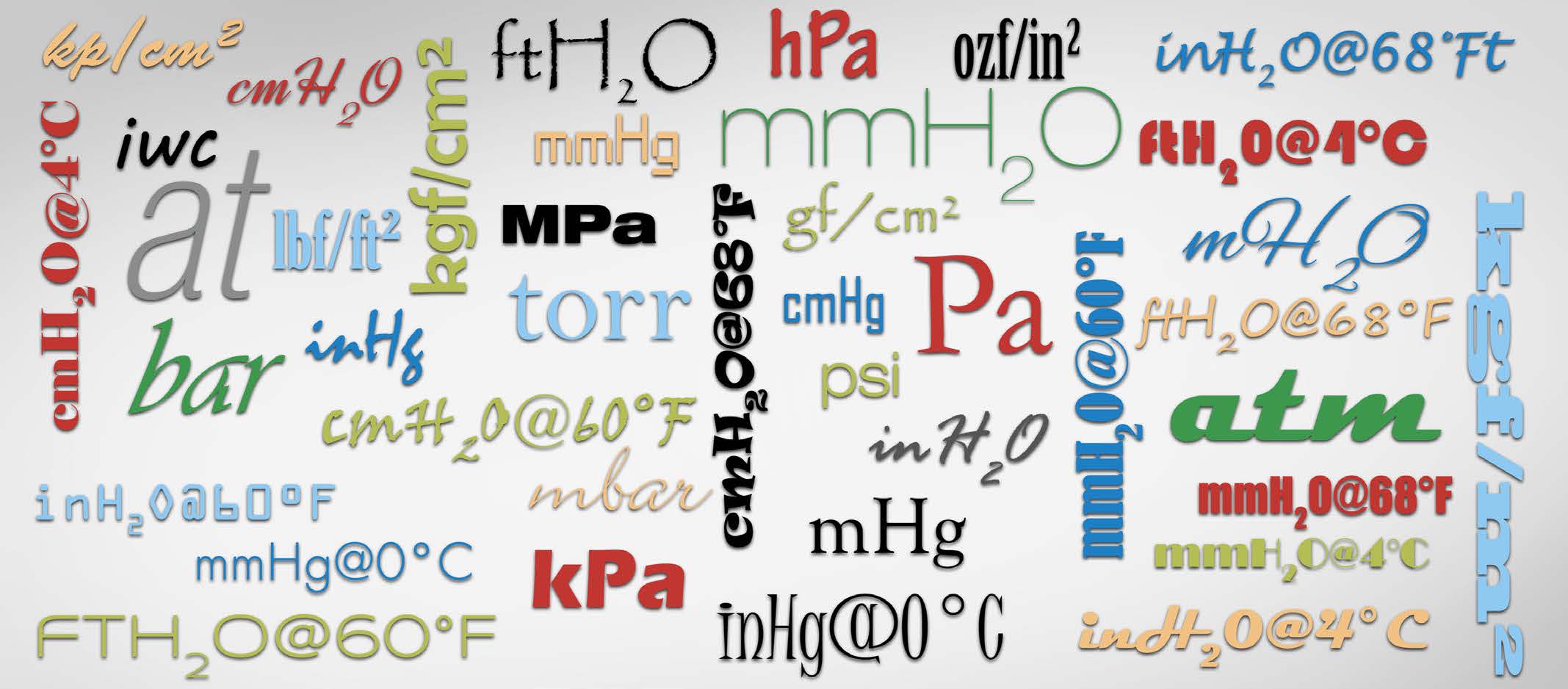
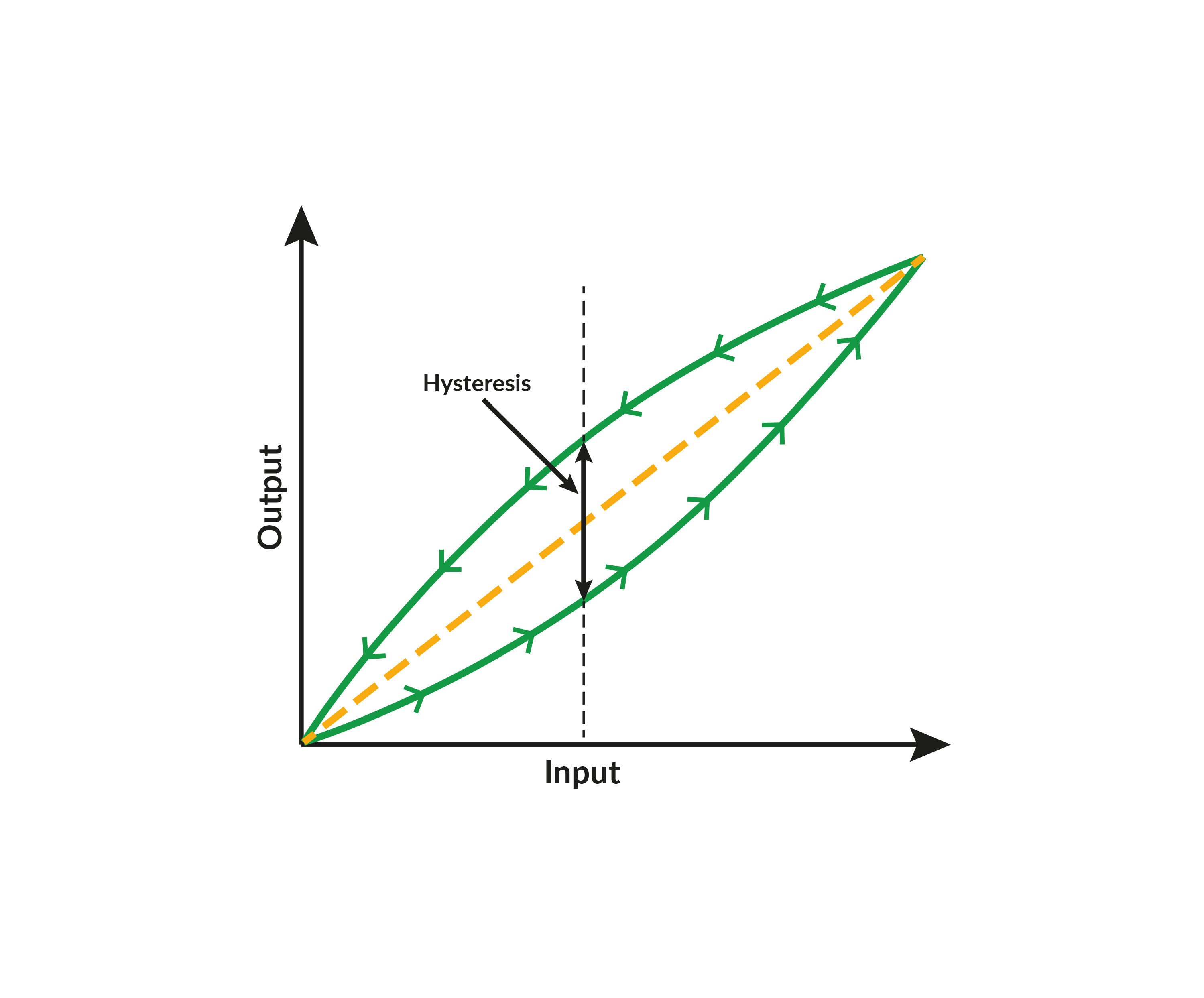
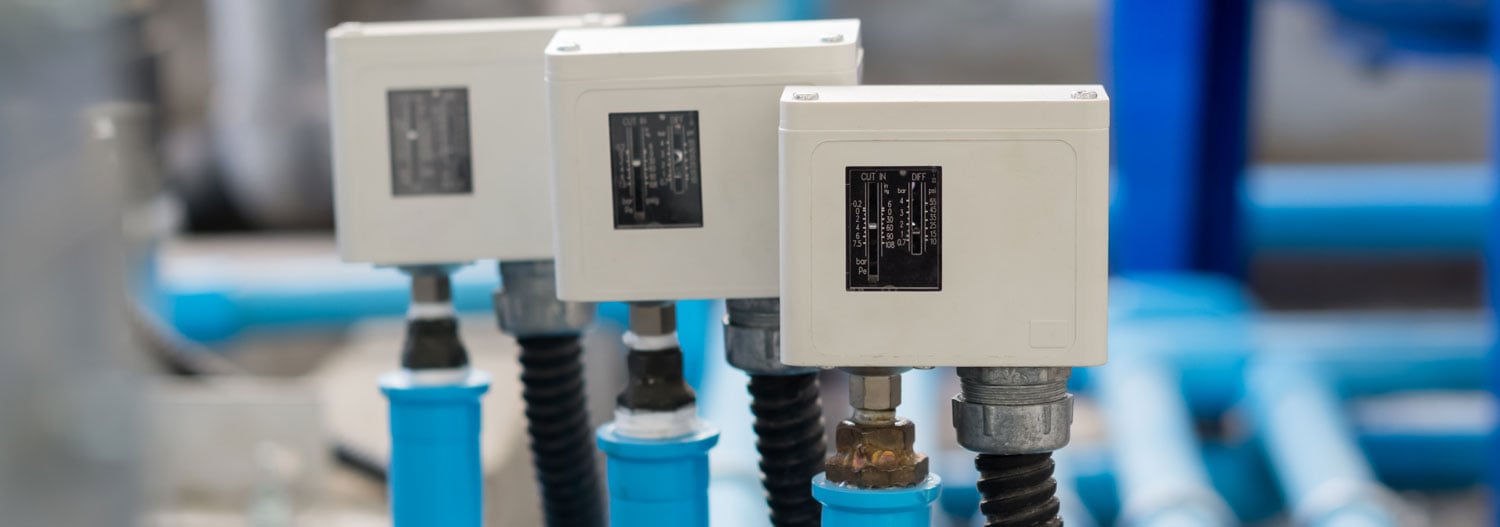
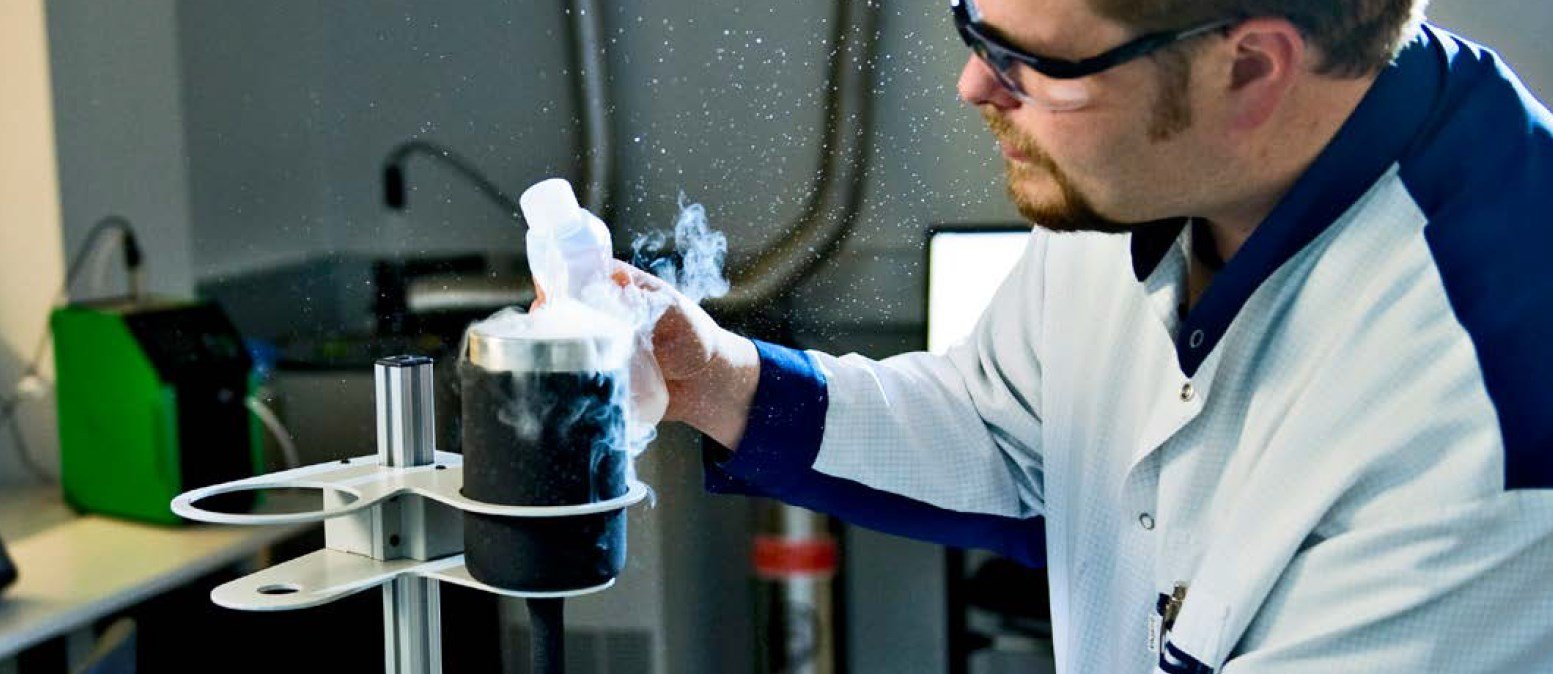

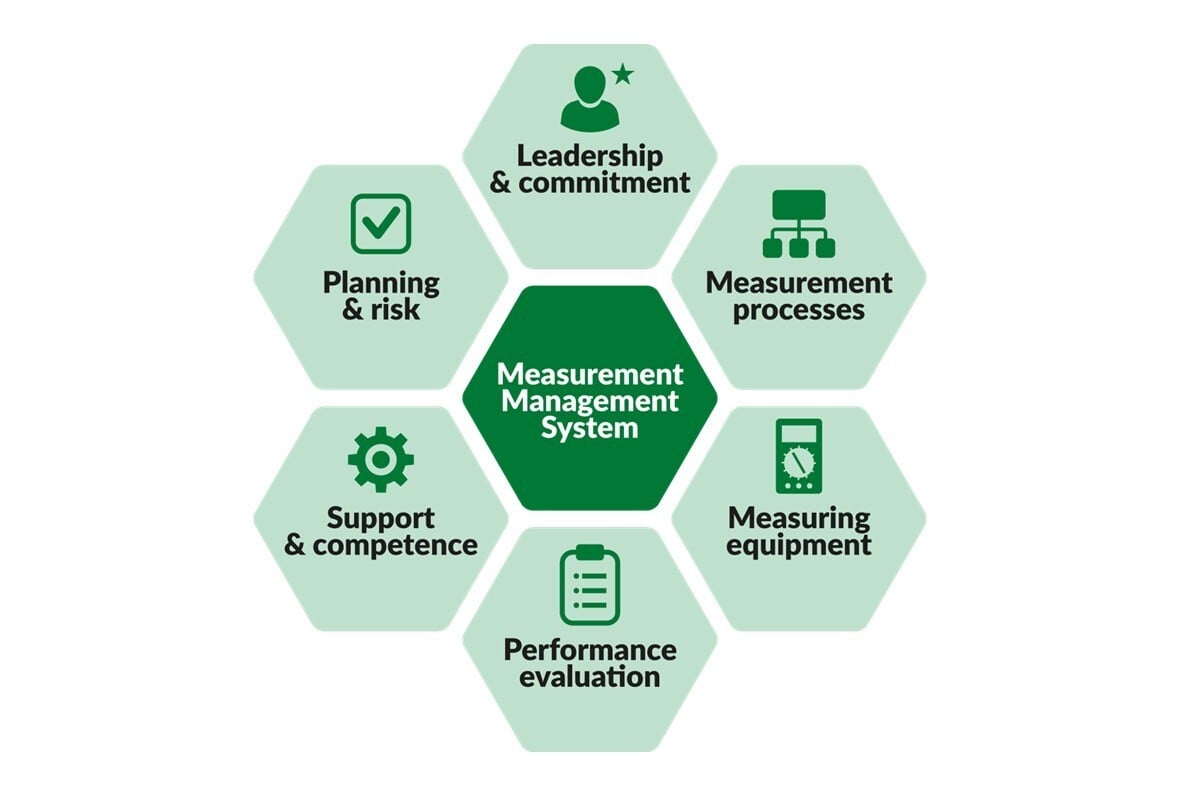
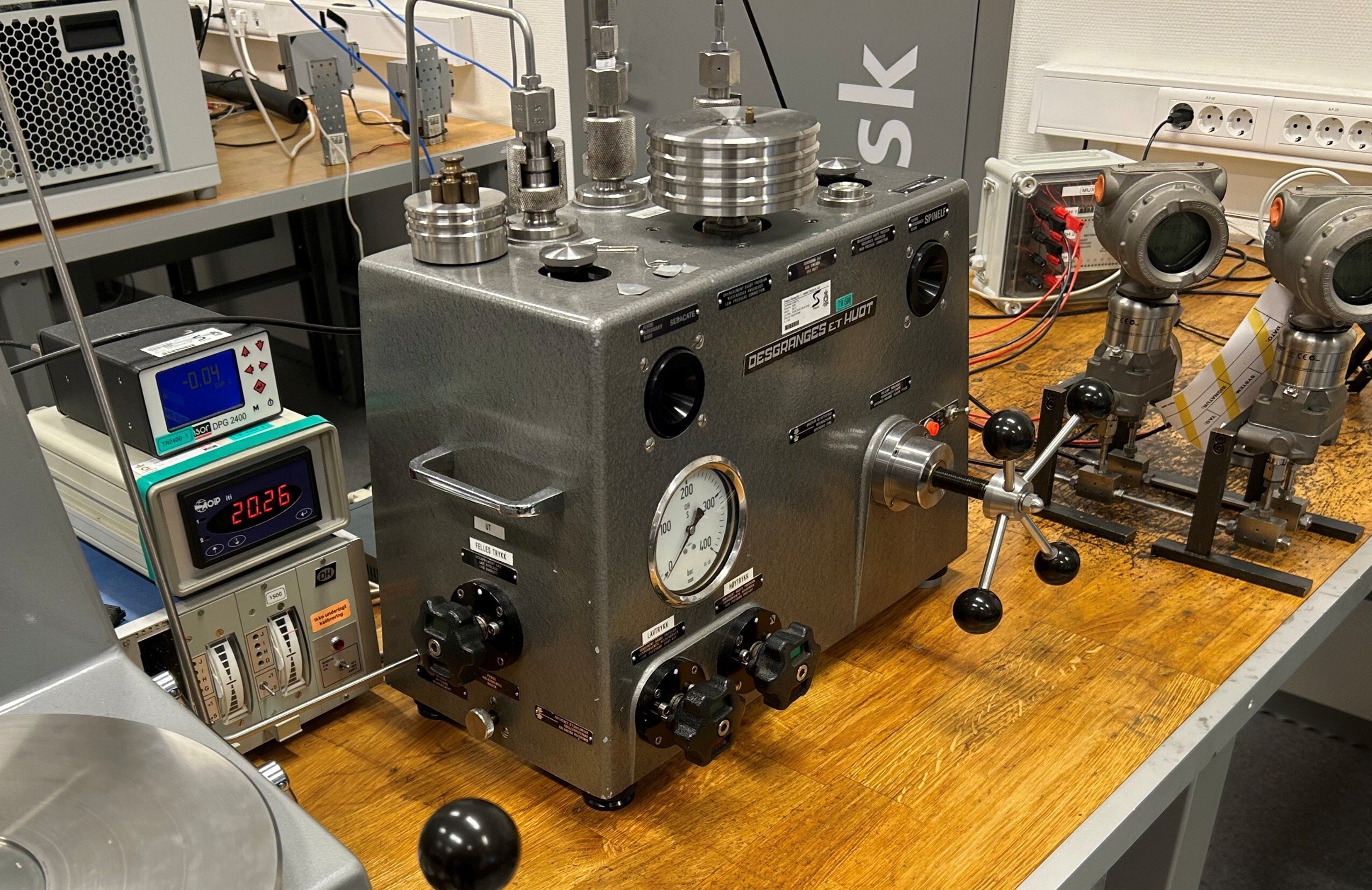
.jpg)
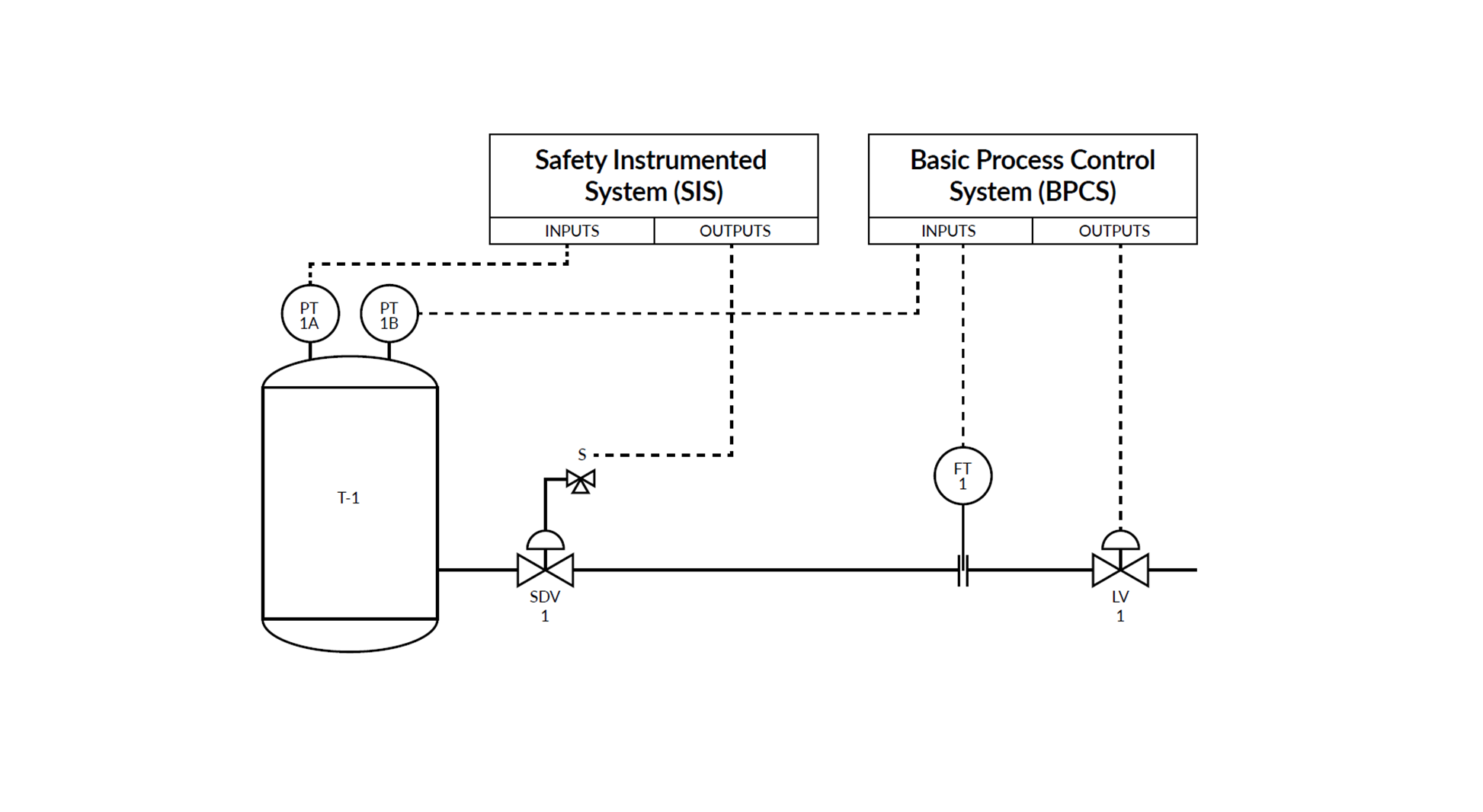
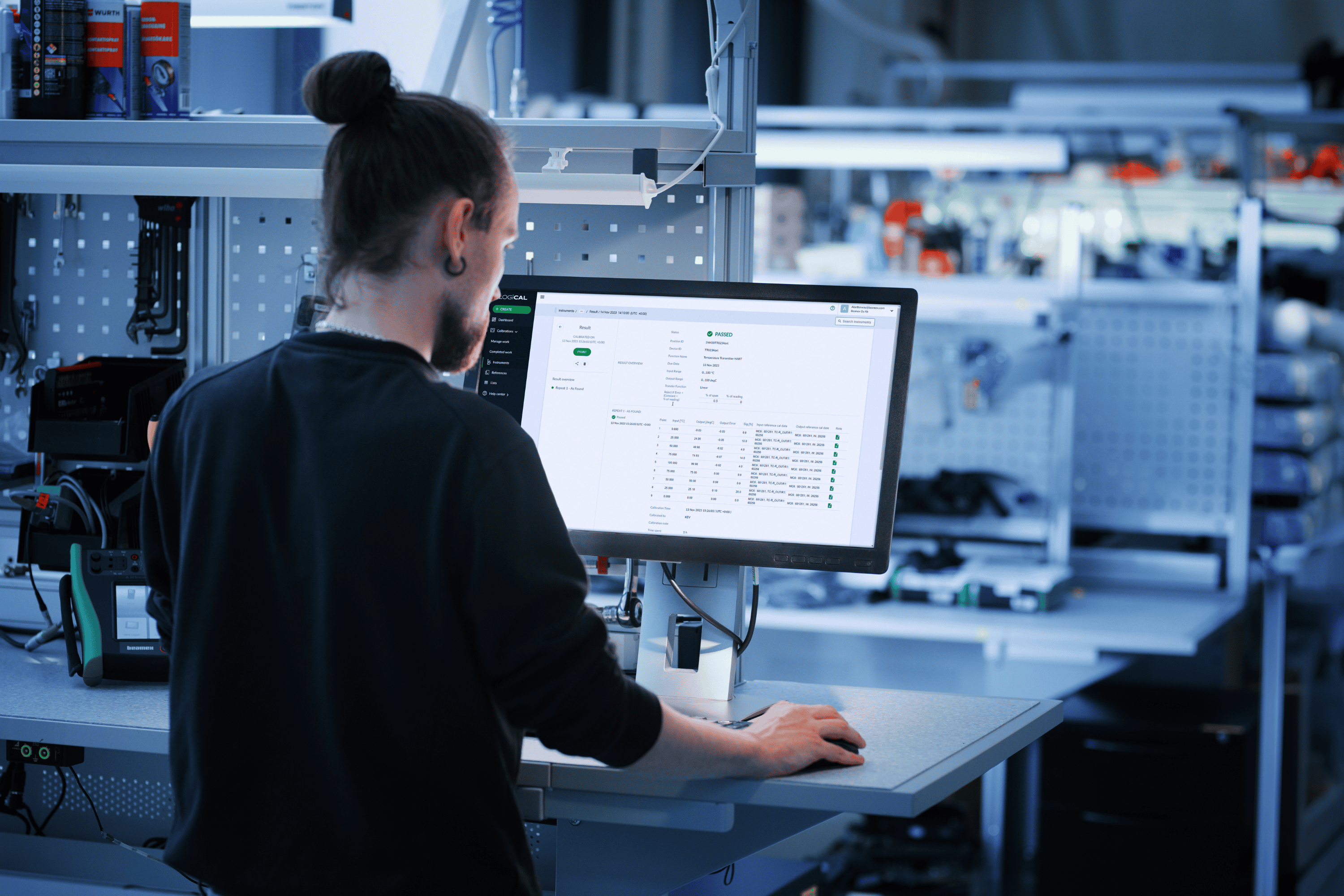
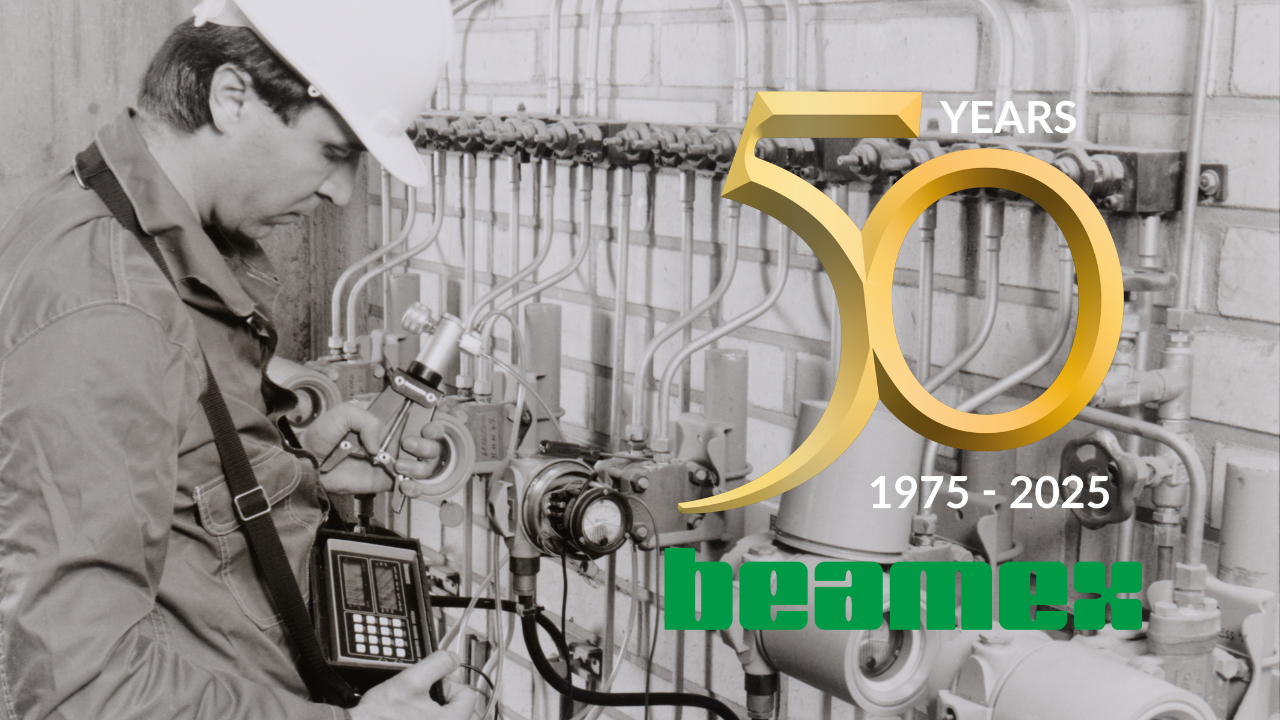

.png)
Discussion